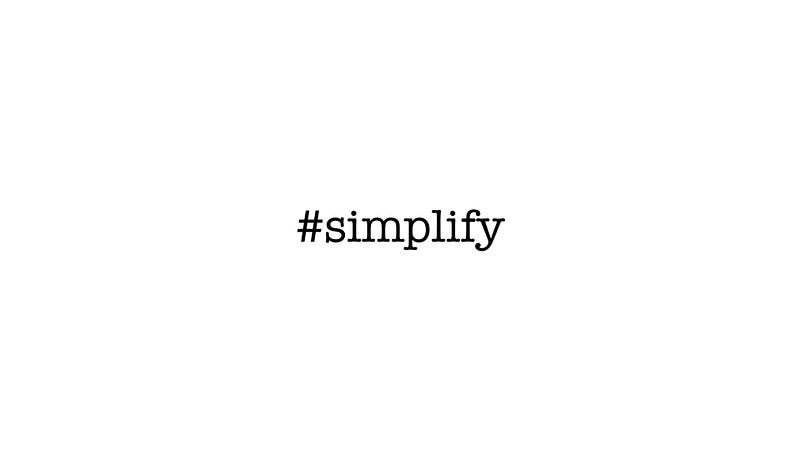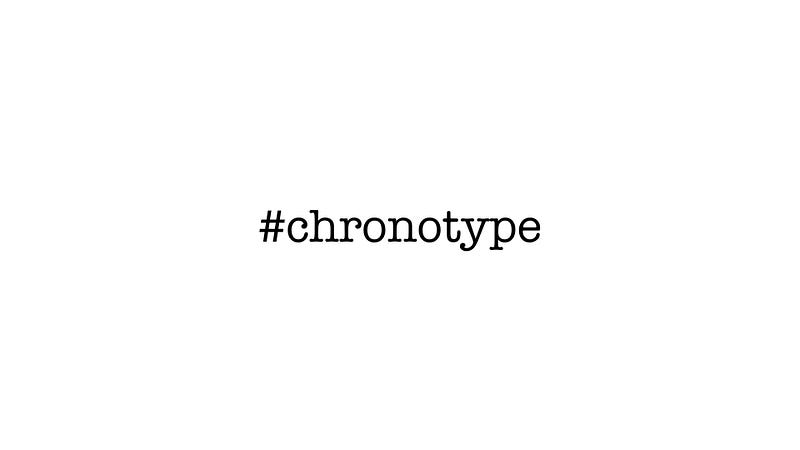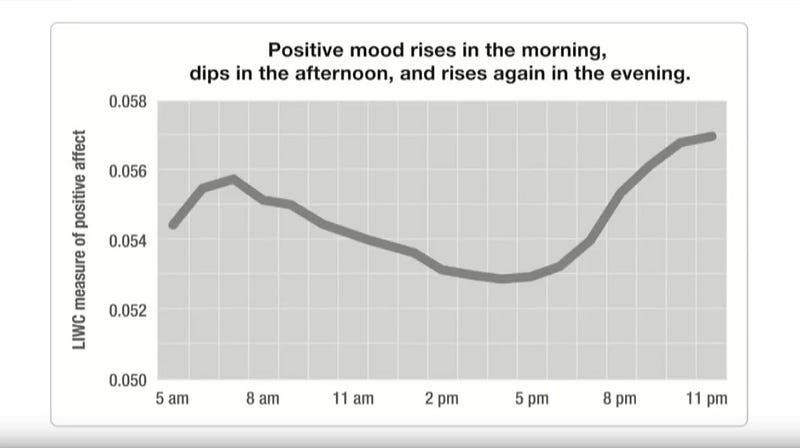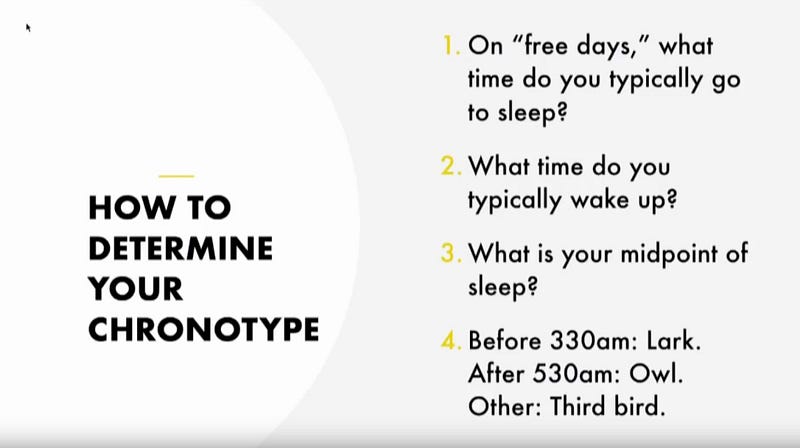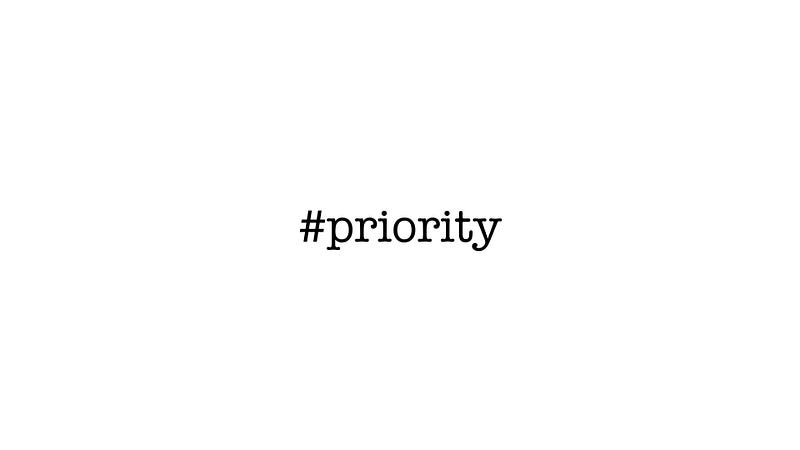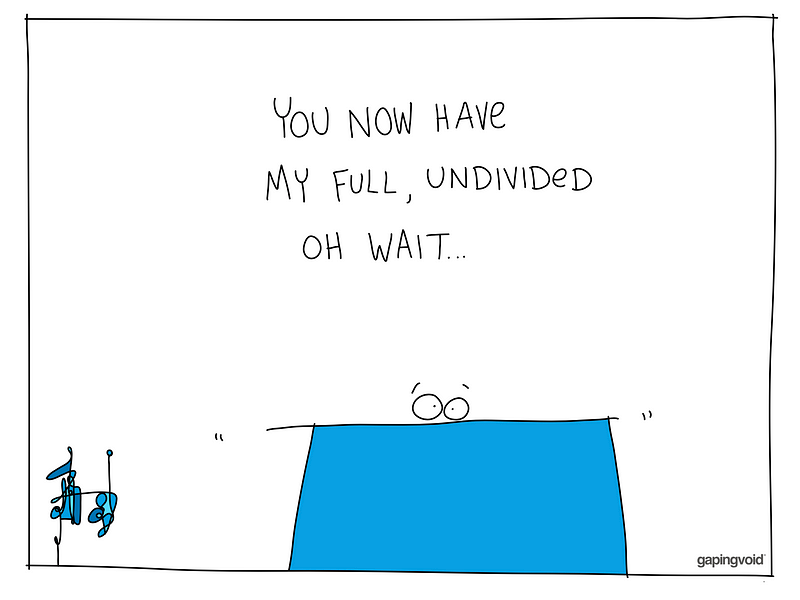
We give ourselves too much credit for being focussed. It takes about 24 minutes to refocus on the taks in hamd after an interruption. (23 minutes and 15 seconds, to be exact) according to Gloria Mark, who studies digital distraction at the University of California, Irvine. (23 Jul 2015).
Most of us have the attention span of a fly (if there’s even such a thing) and the concentration of a goldfish. I’m not trying to be rude to the fly and the goldfish, I’m merely trying to remind ourselves that we are so easily distracted these days that we are losing the art of being mindful.
So now you know why ‘Mindfulness’ is getting so much traction these days, most of us are actually realising that we need to re-program our brains to be more mindful, because we’ve lost the art of it.
I went to the Opticians, recently for my 2-yearly eyetest. Good news by the way, my left eye has improved eyesight. Yes it does happen, my wife and eye set an intention years ago that our eyesights would improve and they are actually improving year on year. True story.
Anyway, I was asked to sit in the waiting room and there wasn’t anyone there. Few magazines and newspapers on a table, out of date of course and posters on the wall, advertising stuff and a few people concentrating on their work. I decided to watch this one person who was fixing a pair of eyeglasses working with full concentration on fixing it. It was a marvel to watch her human mind trying to organise parts, screwdrivers and hand movements to remove screws from the eyeglasses, replacing them and getting the lenses back in. So interesting to watch.
Had I sat down and got my phone out, I would have missed all that.
Then a young couple walked in and sat down on the chairs beside me. First thing the male did was get out his phone and started looking at it. He needed the distraction of his phone to allow him to pass time I guess.
So sad to witness.
Whilst driving to the Opticians I ended up in stationary traffic. There was along quque and I noticed a woman behind me in her car with her head down. Ever so often she would look up in a panic, to make sure she didn’t miss the traffic moving on. She did this at least 6 times. It was so obvious that she was looking at her phone and probably texting on it.
Happy mobile watching!
